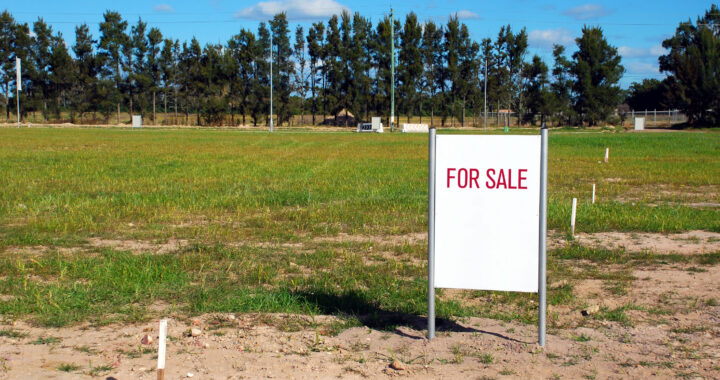Owning a vacant real estate lot on a mountain can seem like a dream come true – panoramic views, fresh air, and plenty of space for outdoor activities. However, there are several difficulties that come with owning a lot on a mountain, particularly when the property is vacant. In this article, we’ll explore some of the challenges that come with owning a vacant real estate lot on a mountain.
- Accessibility: One of the main difficulties of owning a vacant real estate lot on a mountain is accessibility. Depending on the location of your lot, it may be difficult to access the property due to steep inclines, rugged terrain, or seasonal weather conditions. This can make it challenging to transport materials and equipment for any potential building or development on the lot. Additionally, it can be more difficult to maintain the property without regular access.
- Infrastructure: Another difficulty of owning a vacant real estate lot on a mountain is the lack of infrastructure. Depending on the location of your lot, there may be limited access to utilities like electricity, water, and sewage. This can make it more challenging to develop the property or even to enjoy basic amenities while spending time on the lot.
- Environmental Concerns: Owning a vacant real estate lot on a mountain can also come with environmental concerns. For example, steep inclines can increase the risk of erosion, landslides, and other natural disasters that can damage the property. Additionally, mountainous regions may be more prone to wildfires, which can be especially dangerous for vacant lots that aren’t regularly monitored or maintained.
- Wildlife: Depending on the location of your lot, owning a vacant real estate lot on a mountain may also come with the challenge of wildlife. Depending on the area, your lot may be home to bears, coyotes, mountain lions, and other wild animals that can pose a risk to your safety and the safety of any potential visitors. Additionally, these animals can cause damage to the property, which can be expensive to repair.
- Zoning and Permitting: Finally, owning a vacant real estate lot on a mountain can come with challenges related to zoning and permitting. Depending on the location and the intended use of the property, there may be specific regulations and requirements that need to be met before any development can take place. These requirements can be time-consuming and expensive to navigate, and failing to follow the regulations can result in costly fines and legal issues.
In conclusion, while owning a vacant real estate lot on a mountain can seem like a dream, it’s important to be aware of the difficulties that come with this type of property ownership. From accessibility and infrastructure to environmental concerns, wildlife, and zoning and permitting issues, there are several factors to consider before deciding to purchase a lot on a mountain. It’s important to do your research and consult with experts to ensure that you’re fully aware of the challenges and risks associated with owning a vacant real estate lot on a mountain.




